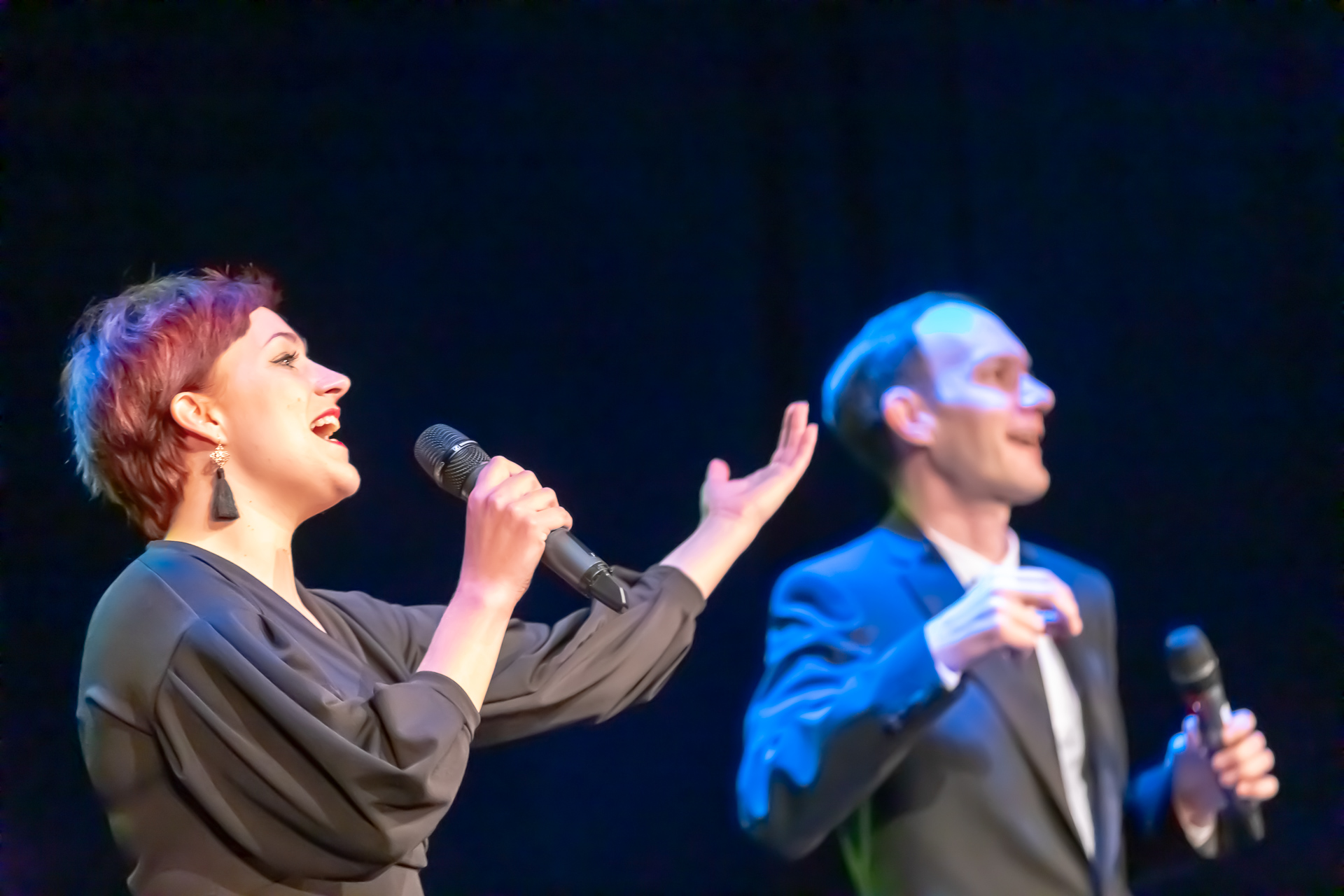



Doris Day recorded a version in her two-album set Hooray for Hollywood in 1958.Bing Crosby recorded it for his radio show in 1957 and it was subsequently issued on CD.

A recording of this was featured on the accompanying CD & DVD release: Timeless: Live in Concert. Barbra then dramatized the 1955 recording session as part of the opening of her Timeless concert tour in 2000. Although uncredited on the CD, this closing cut was arranged and conducted by Rupert Holmes as part of the suspended Streisand-Holmes "Back to Broadway" recording sessions. The same collection concludes with an orchestrated version sung as a duet by Streisand (at age 45, recorded April 21, 1988) with the voice of her younger self from that 1955 recording. The song was the first number that Barbra Streisand ever recorded, in 1955 when she was 13 years old, first released in 1991 as the opening track of her four-disc Just for the Record.A version was recorded in 1954 by Big Maybelle.Rosemary Clooney recorded the song with Harry James in 1952, and Bette Midler recorded the song for the 2003 covers album Bette Midler Sings the Rosemary Clooney Songbook.Ginger Rogers performed the song in the 1952 American comedy film Dreamboat.During the film D-Day the Sixth of June the song's melody was played at various times, including when Valerie and Brad are strolling together at the seaside resort, dining in the tearoom and the Italian restaurant, and being together in her apartment. In Britain, the recording by Vera Lynn was very popular during the Second World War.(The Song Spinners #1 hit, "Comin' In on a Wing and a Prayer" held the #1 spot on the charts for three weeks preceding Haymes' "You'll Never Know." Vocalist Margaret Johnson of The Song Spinners did the vocal arrangements for both songs.) The group backing Haymes, The Song Spinners, was actually given credit on the Haymes record. As a result, the recordings were made without musicians, with vocal groups replacing the usual instrumental backup. The Sinatra and Haymes records were made during the 1942–1944 musicians' strike, an American Federation of Musicians strike against the recording companies.The Haymes version was a number one hit for four weeks on both the Billboard and Harlem Hit Parade charts. Sinatra’s version charted for 16 weeks starting July 24 and spent two weeks at number 2. Sinatra recorded his version at his first recording session at Columbia as a solo artist (having recorded there in 1939 as a member of Harry James’s band.) It was arranged and conducted by Alec Wilder with the Bobby Tucker Singers providing accompaniment. It was recorded in 1943 by, among others, Frank Sinatra and Dick Haymes.JSTOR ( September 2017) ( Learn how and when to remove this template message).Unsourced material may be challenged and removed.įind sources: "You'll Never Know" – news Please help improve this article by adding citations to reliable sources. This section needs additional citations for verification.


 0 kommentar(er)
0 kommentar(er)
